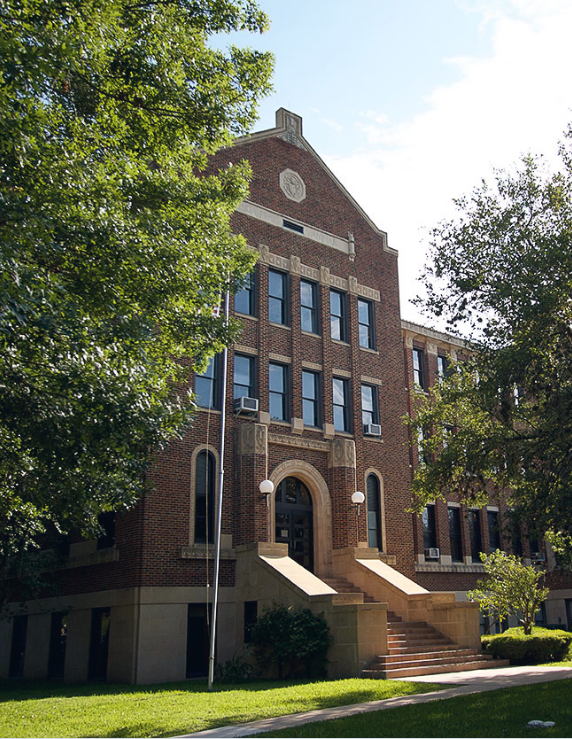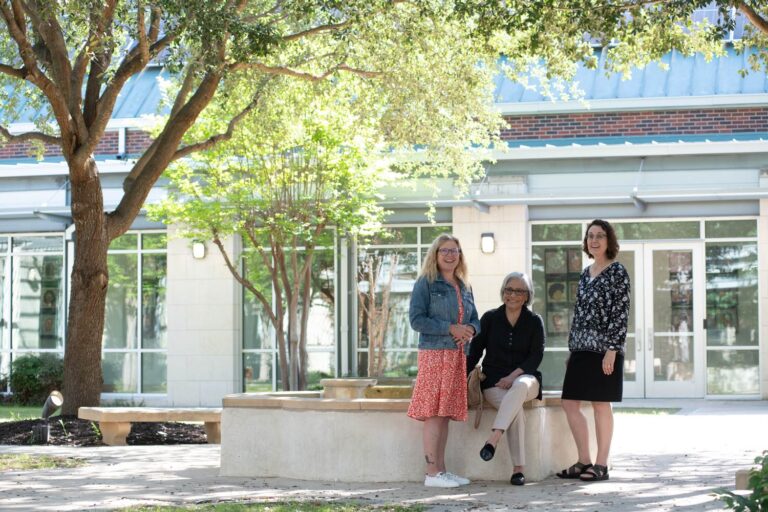Are you positive? Do you know anyone who is? “Positive” has become almost an identity today. It marks someone, and there is a protocol for them from there on: stay home in quarantine or go to the hospital if symptoms are severe. We can’t get near a positive person, we avoid them, even relatives or close friends. This virus is too contagious. When someone has recovered from covid, they are still identified as carrying anitbodies. We look at them with some caution. It is still part of who they are in this new world of ours.
Identity is a big part of today’s gospel. Peter’s profession of faith was possible only by divine revelation: Peter names Jesus as Messiah, Jesus names Peter as the rock of the Church. Identity for both of them emerges. For the first time Peter is named as the leader and his importance will grow from here on. This is key as Matthew convinces his audience, the Jewish Christians, of Peter’s authority and how Peter accepts Gentiles in the Church, something they would have been hesitant about. Jesus makes it clear that his Church is built on the believing Peter, but it is also clear that Peter’s authority and that of all the apostles, is an authority of service, of laying down their lives for others. Adding to this, we see later the resurrected Jesus saying to Peter, “Feed my sheep.”
This story comes in the middle of Matthew’s gospel, and from here on Jesus instructs the disciples about his death and resurrection. We heard a few weeks back that Jesus begins to set up the Church. Now it gets more detailed, that the Church will be born in the Paschal Mystery, namely the passion, death and resurrection of Jesus. It is not the first time we hear the term Christ, but it is the first time we hear “Messiah,” and immediately following this interchange it is the first time the title is tied to suffering. So, from this time forward Jesus teaches that suffering is part of being the Messiah and following the Messiah. The disciples never get the connection until after the Resurrection.
The identity of people of Jesus’ time was not a unique identity but always in relation to the groups in which he or she was embedded: family, clan, nation, religion. 70 years ago people in Chicago would not be asked what neighborhood they lived in but what parish they belonged to. I did community organizing with many others on the Westside of San Antonio in the late ‘70’s. Good changes happened to improve the lives of the people there. Community organizing has a principle. Perceptions of others help to shape a person’s identity and can get things done. It is not who you are, it is who others think you are. If City Hall thinks you have a lot of people and power, then you do. Politicans’ campaigns follow this by shaping their identity to influence how people think of them.
Jesus begins this interchange of identity when he asks the disciples who others say he is. Then he narrows it down and asks his disciples the same question. Peter responds with a profession of faith. Jesus makes Peter the rock, not by his own strength but by the faith of the Holy Spirit. Peter will have to grow a lot to be that rock of the Church. He will waffle, reject a suffering Messiah, deny Jesus, repent and weep until finally confronted by Jesus after the Resurrection with a simple question, “Do you love me?” Jesus does not demand an apology or Peter getting down on his knees, just digging deep into the heart for the love which God places in each of us. Maybe that was a good example of how to bind and loose.
Jesus gives Peter the keys to the Kingdom, which refers back to Isaiah where the keeper of the key to David’s house is mentioned in the first reading. Peter’s faith is based on the Father’s revelation. This is the only gospel to give Peter such broad power and authority, which is where the Church bases the tradition of the pope’s authority.
The gospel ends with Jesus telling the disciples not to tell anyone about his being the Messiah. Good advice: the disciples were not ready to tell others about the Messiah as we shall see next week. They just did not get at this point what the Messiah was all about.
We do not get yet all that this virus is about. We are still learning. How it affects us and how it is cured much less avoided is not completely known. Even though that is true, if you have recovered from the virus, medical experts say you are in the position of helping others by donating plasma that can make very sick Covid patients better. In a way that makes the “positive” identity that one has become a truly positive help for others. You can literally give life.
It was only when Peter and the disciples fully understood that they would need to be willing to imitate Jesus in his giving of his life were they in a position to preach who Jesus was and what he was all about. They ultimately all gave their lives and many more Christians throughout history did the same. That has been key to the preaching of the gospel and converting others to Jesus.
The Church is built on rock, a sure foundation against the powers of evil. Peter is given authority, is the leader, the first mentioned in any list, the one told by Jesus to feed my sheep in John’s gospel. This was the new teaching authority, taken away from the Pharisees. This was important, as we said, for Matthew’s Jewish Christian readers since later Peter makes the controversial decision to extend baptism to Gentiles.
So the question is: Who am I? A person of faith first and foremost? A person that understands what it means to carry a cross? A person who is called by our faith now to make the personal and communal sacrifices that are needed to fight this pandemic and help heal those affected? That must be our identity. That is how we name ourselves today. How can we also call forth the identity of each other as followers of Jesus in the midst of what challenges us?
Your Christian identity cannot come from just what you try to do on Twitter or Facebook. It is not just who people think you are. It can only come as a divine revelation, a gift from God, that you accept with faith and that you give in suffering and carrying a cross. Your identity, if you want it to be, ultimately comes from God and God gives you the strength to live that every day you accept his gift of faith.
 Fr. David Garcia is a retired priest from the Archdiocese of San Antonio, Texas, where he served for 44 years. During that time, Fr. Garcia was instrumental in the effort to have the Old Spanish Missions recognized as a UNESCO World Heritage Site and also oversaw the multimillion-dollar restoration of San Fernando Cathedral. Fr. David served as pastor for several parishes in San Antonio, including the historic Mission Concepción. He also served as Senior Advisor for Clergy Outreach at Catholic Relief Services, the official international humanitarian and relief agency of the US Conference of Catholic Bishops.
Fr. David Garcia is a retired priest from the Archdiocese of San Antonio, Texas, where he served for 44 years. During that time, Fr. Garcia was instrumental in the effort to have the Old Spanish Missions recognized as a UNESCO World Heritage Site and also oversaw the multimillion-dollar restoration of San Fernando Cathedral. Fr. David served as pastor for several parishes in San Antonio, including the historic Mission Concepción. He also served as Senior Advisor for Clergy Outreach at Catholic Relief Services, the official international humanitarian and relief agency of the US Conference of Catholic Bishops.



